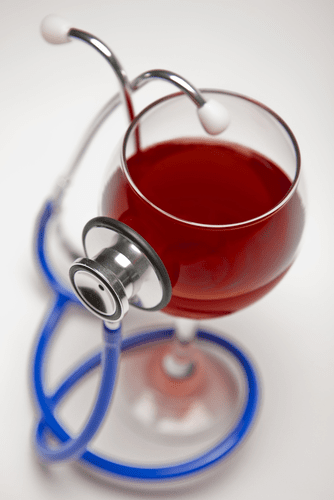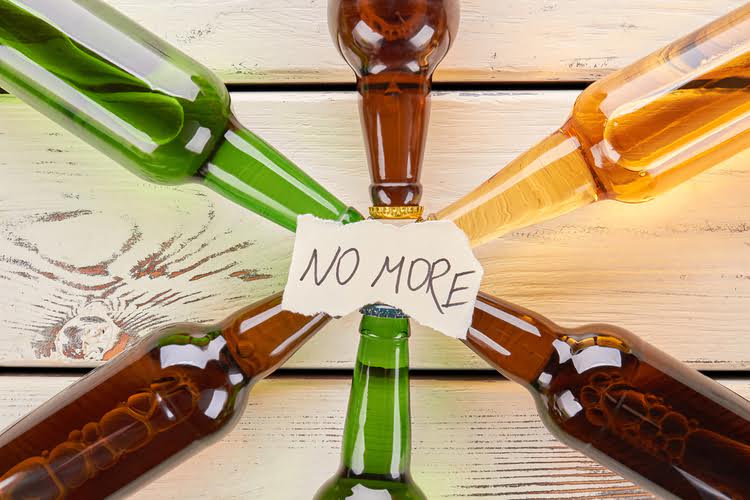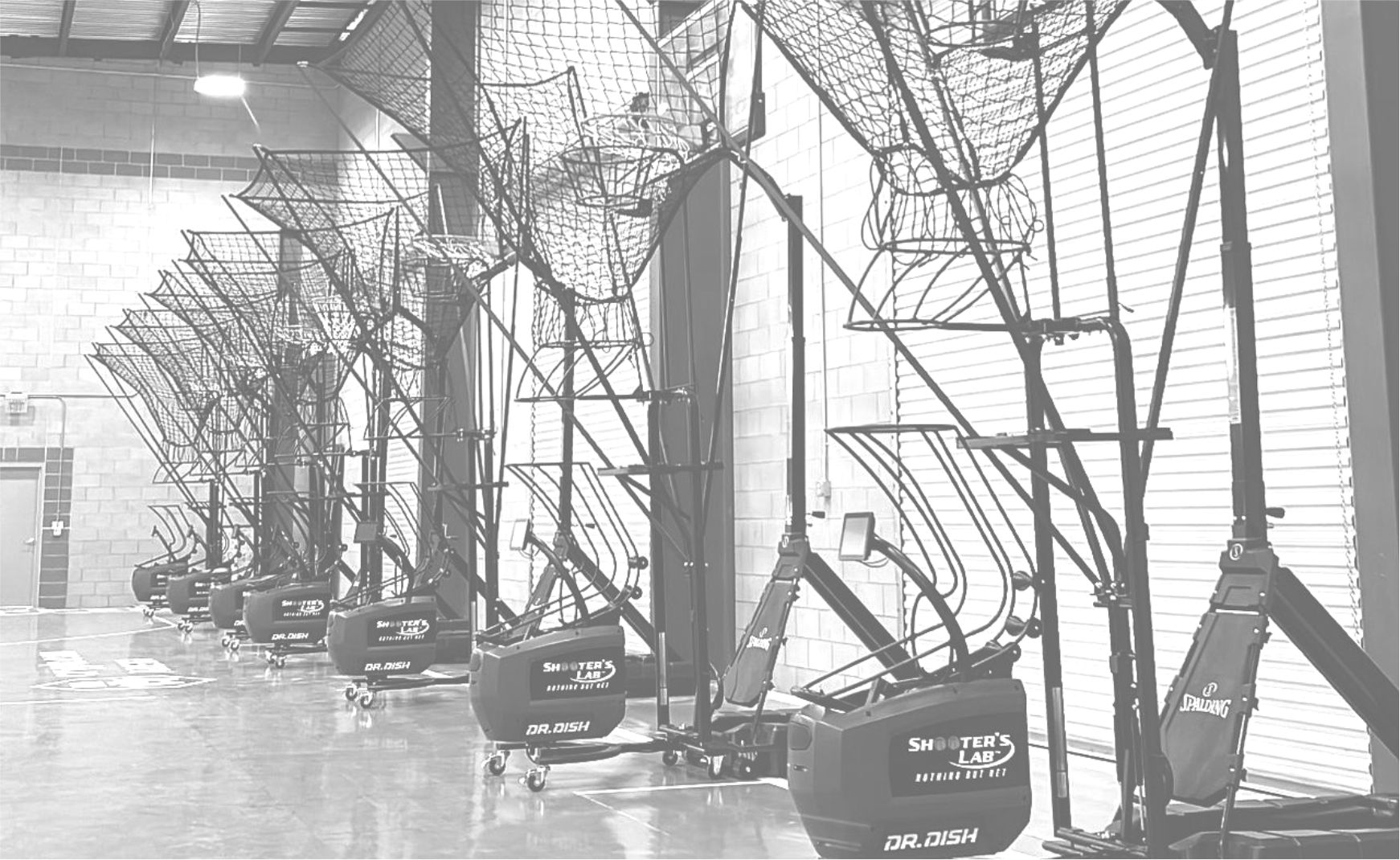There is also a physical and emotional impact of drinking that can affect your mood. It’s why so many people struggle with depression and anxiety when they quit drinking. Alcohol is a depressant that affects the sensitive balance of chemicals in the brain. But we need these chemicals to remain in balance to maintain good mental health.

How to Cope with Depression After Drinking?
When other factors beyond alcohol play into your mood, however, feelings of depression might persist even after your hangover improves. If you already have depression, you might feel even worse, since alcohol can magnify the intensity of your emotions. According to American Addiction Centers, acute mental health responses like severe anxiety and depression often resolve by the fourth or fifth day of sobriety. However, milder, lingering episodes of anxiety and depression can go on for 3-6 months after your last drink.
Addiction Treatment
If you often feel depressed after drinking, there are ways to manage or prevent these emotions. If you take medication for anxiety, or you take anti-inflammatory drugs or narcotics, drinking can cause problems with anxiety. You can become agitated and jittery because your body is busy processing the alcohol, which neutralizes the effect of these medications. When you drink, do you couple this with eating pretzels, pizza or sweets?
Anxiety and Mood Swings The Day After Drinking
If you’re in recovery, and depression is a drinking trigger for you, this can make things especially difficult. Your system will eventually recover, but it can be helpful to have long-term support. Long term heavy drinking seems to reduce GABA levels in the brain, which research suggests can ultimately make depression worse. Decreased GABA levels may also lead to increased anxiety, which can increase feelings of depression as Sober living house well.
- A good night’s sleep can leave us feeling refreshed and upbeat, while a night of poor sleep can make us irritable and moody.
- However, alleviating depression does not resolve the alcohol use disorder.
- Alcohol also triggers the release of dopamine, which is a feel-good chemical directly involved with the brain’s reward pathway.
- Lower-than-normal levels of these important chemical messengers can temporarily affect your speech, coordination, and energy.

In some cases, if you are physically dependent on alcohol it can be harmful to stop suddenly. Speaking to your healthcare provider first can ensure you have the appropriate tools and medications to reduce alcohol safely. It’s important to remember that drinking alcohol in moderation is typically fine.
- The full range of alcohol withdrawal symptoms usually passes within 72 hours.
- Consideration of disorder heterogeneity and key subgroup differences may help develop more targeted and personalized treatments to improve outcomes for this population.
- Even if you’re consuming a standard amount of alcohol — a 12-ounce beer or a 5-ounce glass of wine — you’ll experience a mild detox or withdrawal.
But if you find yourself needing to drink more to receive the same effects, it can lead to excessive drinking and some of the health problems described above. While alcohol can initially make you feel sleepy, it actually disrupts the quality of sleep later in the night. Alcohol interferes with REM (rapid eye movement) sleep, which is essential in regulating emotions and processing stressful experiences. Alcohol can affect the part of your brain that controls judgment and inhibitions. This might make you feel more relaxed and confident, leading some people to engage in behaviors they might normally avoid.
Hangovers
Alcohol affects the levels of serotonin and other chemicals in your brain, so it affects your body and mind in various ways the next day. This phenomenon, sometimes referred to as “hangxiety,” is a result of the brain’s attempt to regain chemical balance after the disruption caused by alcohol. As the body works to metabolize alcohol and eliminate it from the system, individuals may experience a range of negative emotions, including sadness, anxiety, and irritability. If you drink alcohol regularly, your body can become physically dependent on it. When you stop drinking, you might experience does drinking make your depression worse withdrawal symptoms like anxiety, irritability, or depression.
Can Drinking Too Much Cause Depression?
If you or someone you know are struggling with depression symptoms, help is available. The supportive team at BestMind are here to guide you on your journey to well-being. Contact us to discuss depression treatment options and one of our helpful staff members will get in touch. Alternatively, fill in our depression self-assessment test and we will reach out to book a consultation with you.




